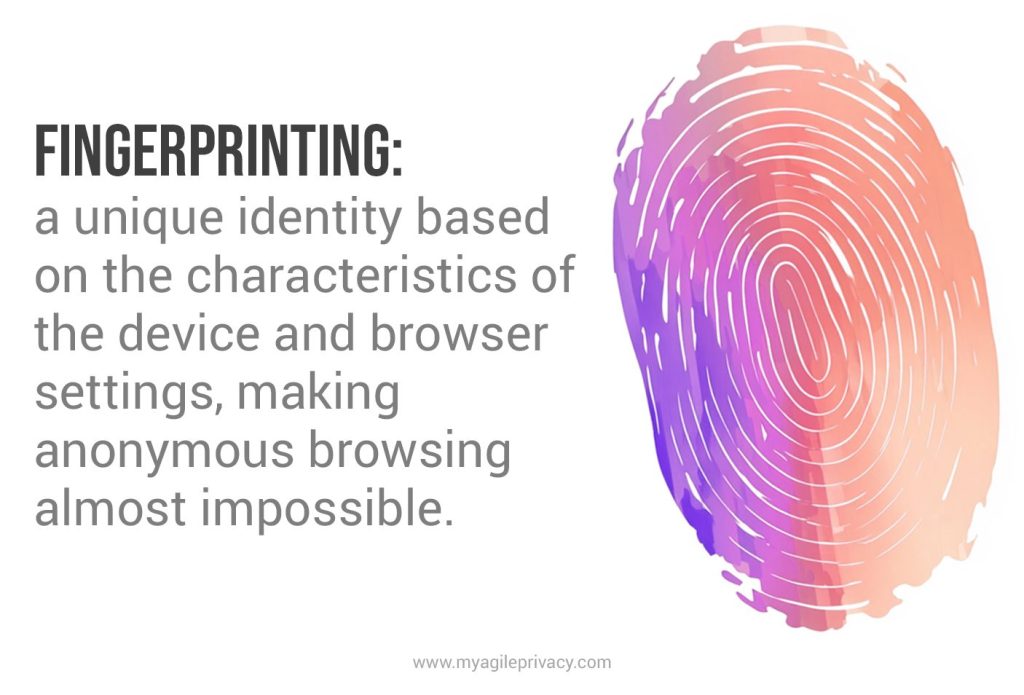
What is a Third-Party Cookie?
A third-party cookie is a small text file created and stored on a user’s device by a website other than the one the user is currently visiting. These cookies are set by external domains—such as advertising networks or analytics providers—and are mainly used to track user activity across multiple sites, providing data for targeted advertising and user behavior analysis.
In recent years, attention toward third-party cookies has increased significantly among both website owners and users. Before the introduction of the GDPR, these cookies received little scrutiny: advertisers and third-party providers could collect personal data and track users without facing legal restrictions. In this article, we’ll explore what third-party cookies are, the concerns they create for publishers and advertisers, and how to use them in a compliant way.
First-Party vs. Third-Party Cookies: What’s the Difference?
First-party cookies are created directly by the site you’re visiting to improve your experience and enable site functionality. For example, first-party cookies can remember your login or site preferences.
Third-party cookies, however, are set by external domains—different from the one you’re visiting. When a website loads external resources like images, ads, or widgets, third parties can use those opportunities to insert their own cookies into your browser.
Why Are Third-Party Cookies a Privacy Concern?
Third-party cookies raise privacy concerns because they allow data collection beyond the control of the main website. These cookies can gather information about users as they browse multiple sites, often sharing or selling this data to other companies—usually without the user’s explicit knowledge or consent. Many users are unaware that their data is being shared in this way during everyday browsing and shopping.
How Are Third-Party Cookies Created?
Third-party cookies are generated when a website requests resources or loads scripts from external domains. However, storing these cookies and loading their scripts should always be subject to clear user consent.
How Do Third-Party Cookies Work?
Ever noticed ads that seem to follow you from site to site? That’s possible thanks to third-party cookies, which enable tracking for targeted advertising and cross-site analytics.
Other Tracking Techniques Beyond Cookies
Besides cookies, there are more advanced techniques for tracking and storing user data—one of the most sophisticated and controversial is fingerprinting.
Types of Fingerprinting
- Browser Fingerprinting: Collects information about a user’s browser to help identify individuals.
- Device Fingerprinting: Combines hardware and software characteristics to identify a device.
- Canvas Fingerprinting: Uses HTML5 elements to generate a unique identifier for the user’s device.

Are Third-Party Cookies Harmful?
While third-party cookies are not inherently dangerous, their use in tracking and targeted advertising has raised substantial privacy concerns among users.
How to Check for Third-Party Cookies on Your Site
To see if your website uses third-party cookies, you can manually review them via your browser’s developer tools or use free online cookie-scanning services.
Frequently Asked Questions
What does the GDPR say about third-party cookies?
The GDPR requires websites to obtain informed user consent before placing third-party cookies.
Is it safe to allow third-party cookies?
If you are concerned about being tracked online for advertising purposes, it’s generally best to avoid accepting third-party cookies.
Get Reliable Consent Management with My Agile Privacy®
To simplify compliance and avoid penalties, consider using compliant consent management software like My Agile Privacy®.








